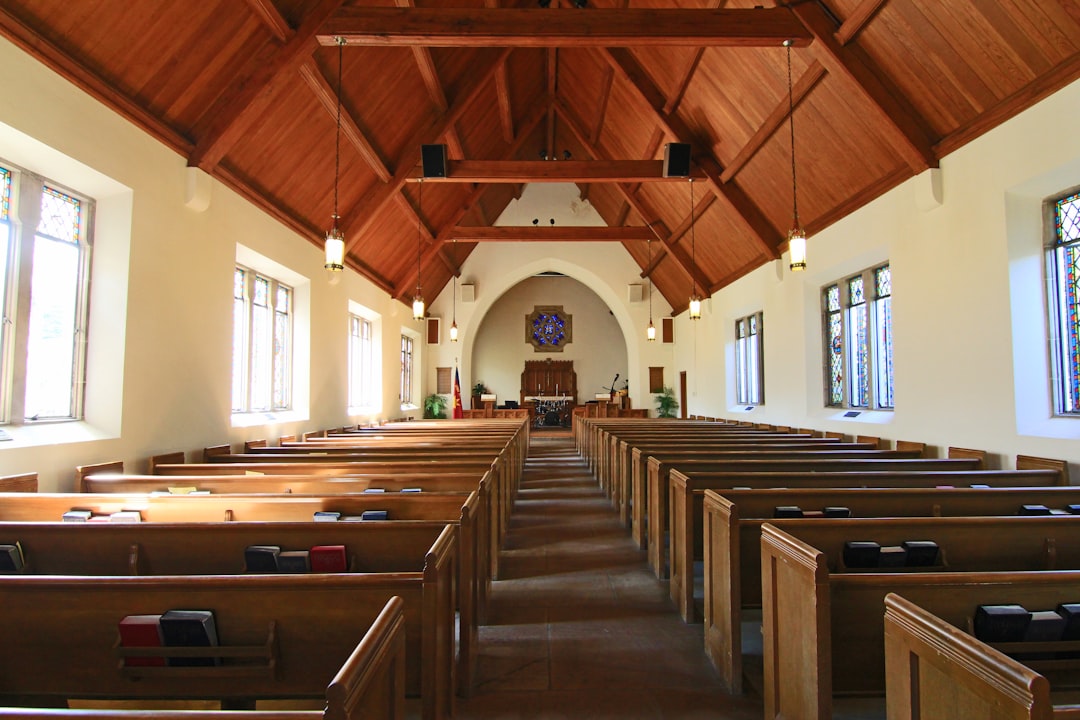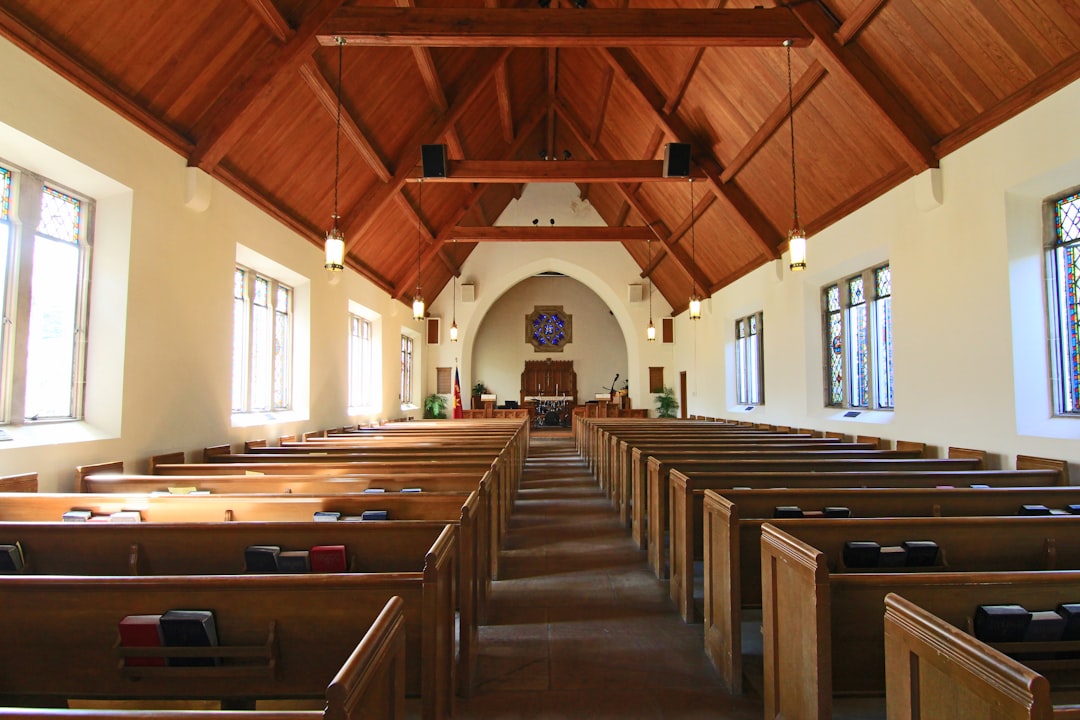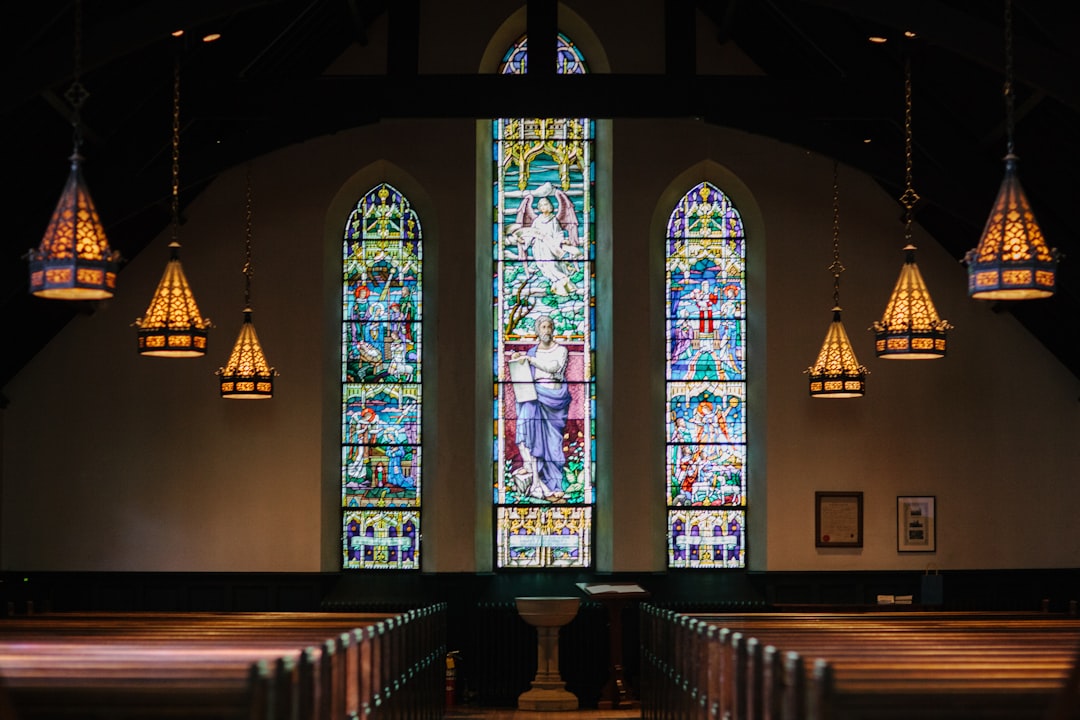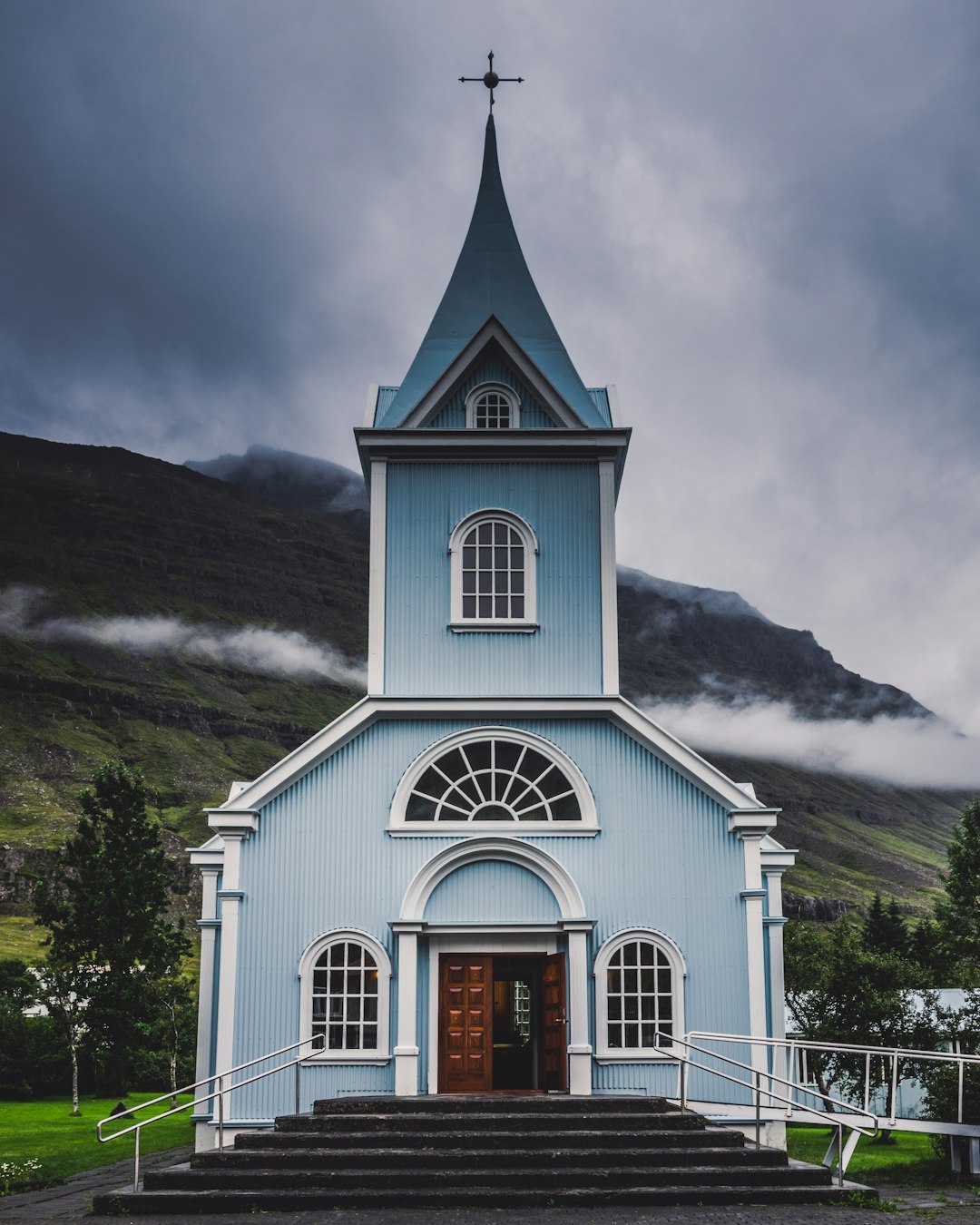Clergy abuse in Colorado is a complex issue requiring specialized legal expertise. Victims can identify red flags like behavioral changes and isolation, leading them to connect with trained advocates who understand power imbalances within religious organizations. The state has robust legal protections, including specific laws against sexual misconduct, confidential reporting, and victim support groups. Choosing the right clergy abuse lawyers in Colorado is crucial; look for experienced professionals with a proven track record, strong ethics, and empathy. The process begins with evidence gathering and consultation to determine whether settlement or litigation is best.
In Colorado, addressing clergy abuse is a critical issue requiring careful navigation. This article guides victims through the complexities of seeking justice by exploring key aspects of clergy abuse, from recognizing patterns and understanding legal protections to finding qualified clergy abuse lawyers in Colorado and navigating the legal process. Whether you’re looking for understanding or support, these insights are designed to empower individuals affected by such abuse.
Understanding Clergy Abuse: Recognizing Patterns and Red Flags

Clergy abuse, a sensitive and complex issue, often involves patterns of manipulation and exploitation within religious organizations. Recognizing red flags is crucial for identifying potential instances of abuse and seeking justice. Many victims of clergy abuse in Colorado may exhibit signs such as sudden changes in behavior, isolation from friends and family, or an extreme shift in religious beliefs. These behaviors could indicate a disturbing dynamic within the faith community.
Legal advocates specializing in clergy abuse cases in Colorado are trained to identify these patterns. They understand that abusers often exploit power imbalances and create environments of fear and trust, making it difficult for victims to speak out. By recognizing these red flags, individuals can take proactive steps, connect with support systems, and consult with clergy abuse lawyers in Colorado to explore legal options and hold perpetrators accountable.
The Legal Framework: Colorado Laws and Protections for Victims

In Colorado, there are robust legal frameworks in place to protect victims of clergy abuse. The state has specific laws that address sexual misconduct within religious institutions, offering a clear path for those seeking justice and healing. These laws not only criminalize such abuses but also provide civil remedies, allowing victims to pursue legal action against perpetrators and the organizations they represent.
Colorado’s legal system offers various protections to individuals who have experienced clergy abuse. This includes confidential reporting mechanisms, which encourage victims to come forward without fear of repercussions. The state’s statutes also mandate reporting and investigation procedures, ensuring that allegations are taken seriously and appropriate measures are taken to hold abusers accountable. Additionally, victim advocacy groups and specialized legal aid organizations in Colorado provide crucial support to those affected by clergy abuse, guiding them through the complex legal process and advocating for their rights.
Finding the Right Support: Qualities of Top-Tier Clergy Abuse Lawyers in Colorado

When it comes to finding the right support for a case involving clergy abuse in Colorado, it’s crucial to seek out top-tier legal advocates who possess specific qualities and expertise. These lawyers should have an in-depth understanding of the unique complexities surrounding clerical abuse cases, as well as strong ethical standards and a proven track record of success.
Look for clergy abuse lawyers in Colorado who are not only knowledgeable about state laws and regulations but also empathetic and dedicated to their clients’ well-being. They should offer personalized attention, maintaining open lines of communication throughout the legal process. Experience in handling similar cases is invaluable, ensuring your advocate understands the potential challenges and can navigate them effectively on your behalf.
Navigating the Legal Process: Steps to Take After Clergy Abuse in Colorado

If you’ve experienced clergy abuse in Colorado, navigating the legal process can feel overwhelming. The first step is to gather evidence and document your experience thoroughly. This includes any correspondence with the abuser or the institution, photographs, text messages, emails, or other digital records that support your claim. Additionally, seeking medical or counseling records that detail physical or emotional trauma incurred as a result of the abuse can be crucial in building a strong case.
Next, it’s important to consult with experienced clergy abuse lawyers in Colorado who specialize in these complex cases. They can provide guidance tailored to your situation, explain legal options available to you, and help determine whether a settlement or litigation is the best course of action. Don’t hesitate to reach out for support; there are professionals dedicated to advocating for survivors of clergy abuse.






